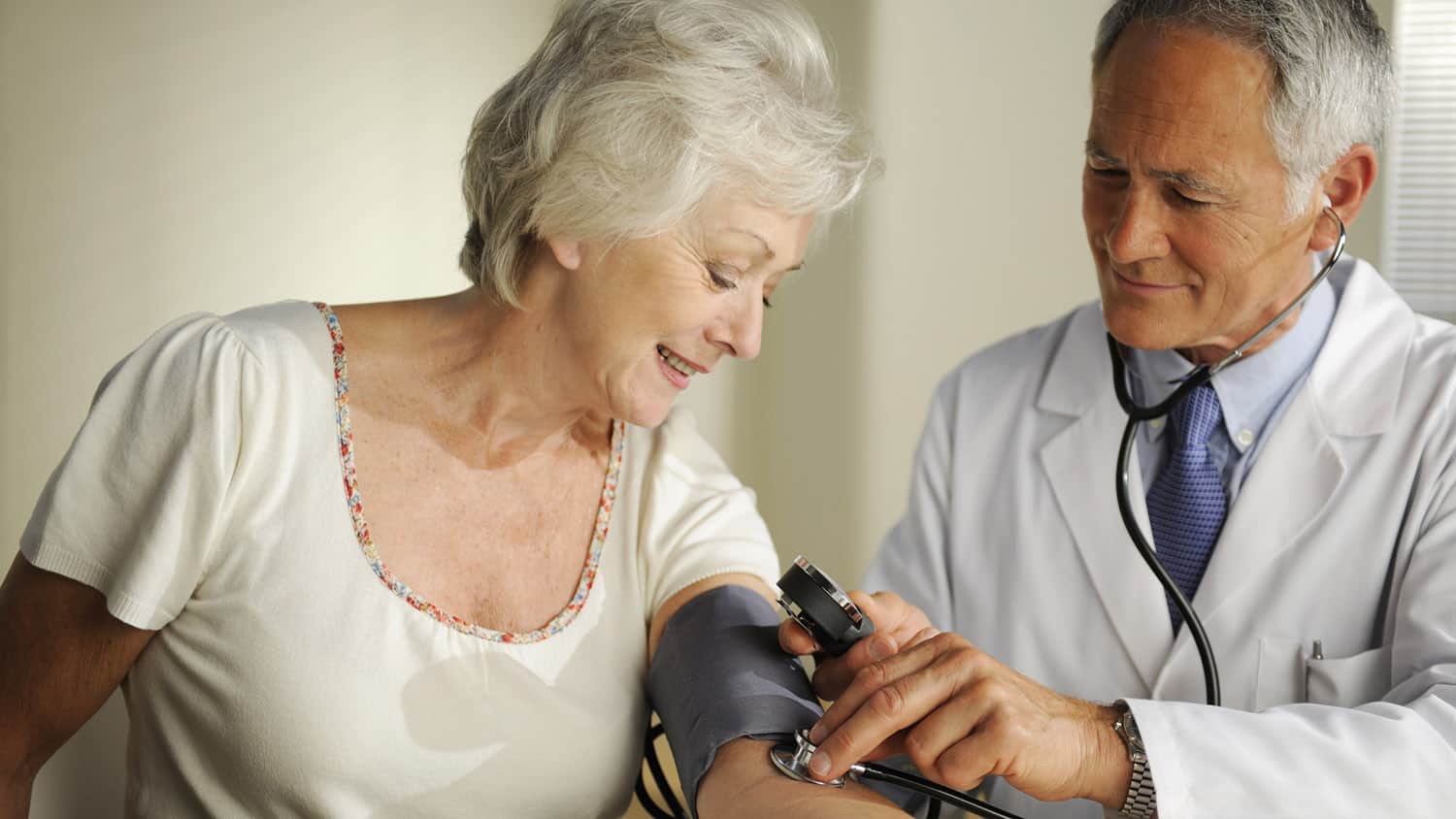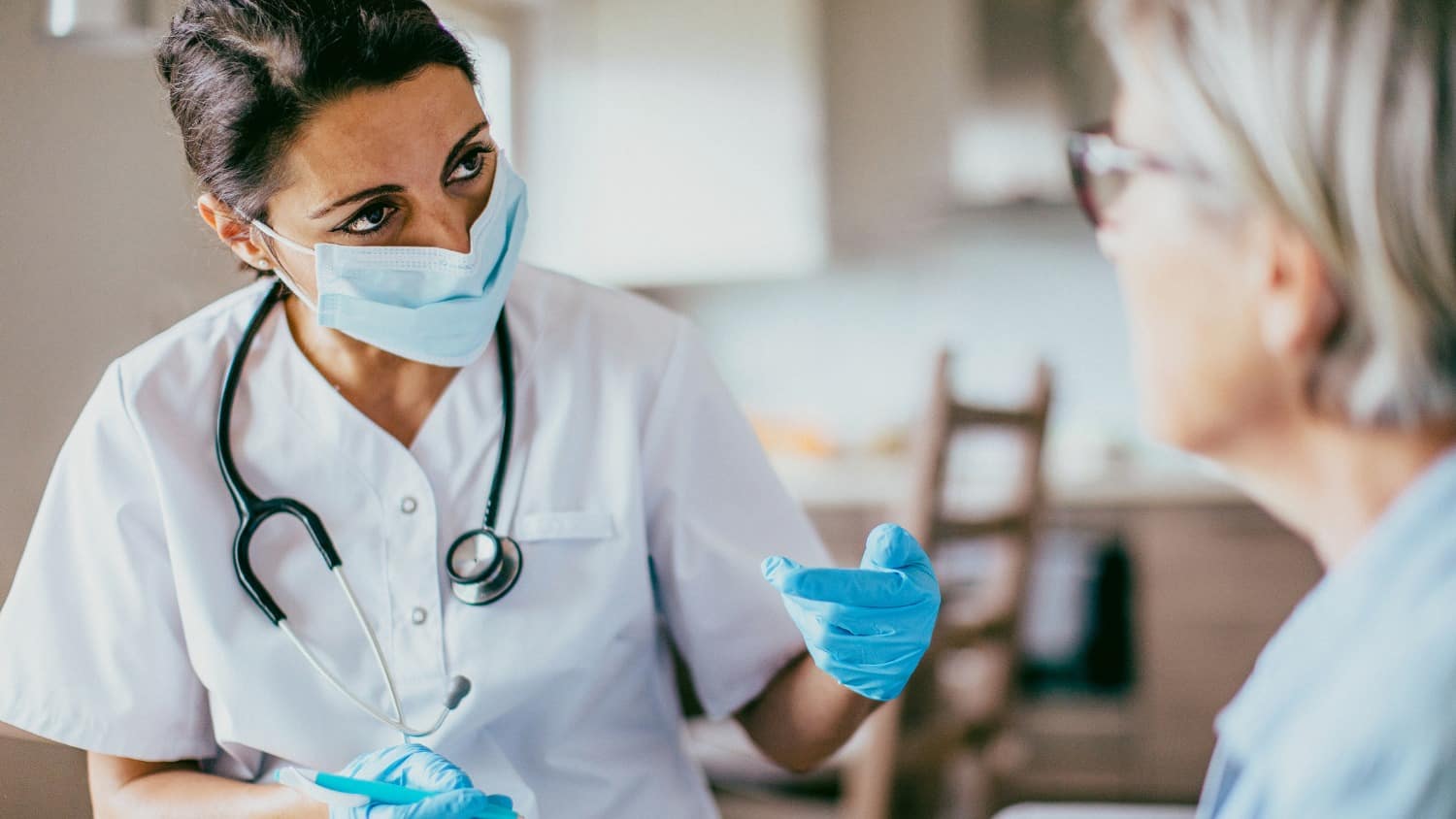
What Every Baby Boomer Needs to Know About Hypertension
I lost my mom at a relatively young age to complications from high blood pressure, or hypertension.
For as long as I could remember, she took medications for hypertension and its complications. She visited doctors regularly for this problem in her late 50s, was frequently hospitalized in her late 60s and 70s, and died in a hospital from its complications at the age of 78.
She was my best friend and the true definition of unconditional love. I was devastated, but was eventually able to accept her death as a natural ending to a good life. I also became very motivated to learn as much as I could about hypertension, so I could try to find ways to beat this foe before it beat me and others.
Hypertension: Looking for Solutions
As a healthcare attorney, I have reviewed well over 50,000 medical records over the course of my career. These include those of many patients who, like my mom, were suffering from complications from hypertension. I started to think about these cases along with those of friends and relatives whose quality of life was impacted by chronic diseases like hypertension. I wondered if they had anything in common – if there was pattern I could find that would provide some clues to prevent or better manage hypertension. Turns out, there was!
It became apparent that if many patients had known how to stay healthy or had their diseases been diagnosed and treated before symptoms occurred, they could have had much better treatment outcomes. Many who died could possibly still be with us today. I also noticed hypertension seemed to be a more frequent cause of premature death than other chronic diseases, especially among older women.
According to the National Institutes of Health (NIH), hypertension is a public health challenge for everyone in the United States. Often referred to as the silent killer, hypertension can go undetected for years and show no signs or symptoms. You have it and don’t even know it. Even without symptoms, it can damage your heart, kidneys and blood vessels and cause loss of vision, memory loss, fluids in the lungs, angina and peripheral artery disease.
Hypertension Is Not Just a “Man’s Disease”
Approximately 30% or one in three American adults are diagnosed with hypertension and by 2030, it is projected that the incidence of hypertension will increase by more than 7%. Hypertension contributes to 1,000 deaths daily. The incidence in women increases with age and dramatically after the age of 60. Data from the National Health and Nutrition Examination Survey showed women over the age of 60 had a much higher incidence of hypertension than other adults – 65% compared to 32% or less in adults between ages 18 to 59!
Given the statistics and my experience as a boomer woman, hypertension has now taken on a completely new meaning in my life. It is no longer a disease that significantly reduced the quality of life of many of my relatives or friends or took the life of my mom. It is a disease that now is likely to affect me – one I must be proactive about preventing or controlling.
Preventing and Managing Hypertension
I have reviewed many credible sources discussing how to prevent and manage hypertension. Typical advice includes eating a healthy diet, maintaining a healthy weight, getting enough physical activity and quitting smoking. These are all excellent suggestions to prevent or manage hypertension, however, here are a few more that have worked for me so far and kept my blood pressure within the normal levels without medication.
First, avoid overtreatment for hypertension and get an accurate blood pressure reading to determine whether you have hypertension in the first place. For example, never take your blood pressure reading with a full bladder, unsupported feet or back, crossed legs or soon after drinking caffeine. These actions may increase your blood pressure.
Monitor your nutrients, especially those critical in maintaining normal blood pressure levels. It is not enough to simply eat a healthy diet. Because of age or genetics, your body may not be capable of efficiently absorbing the nutrients from foods, or the foods themselves may not have adequate nutrients. Some nutrients that may be critical for a normal blood pressure include potassium, sodium and magnesium as well as certain vitamins like vitamin C.
Learn about probiotics and how they impact your health. There is evidence they may play a role in reducing hypertension.
Try to get enough healthy sleep. Studies show sleep deficiency over time may increase your risk for hypertension.
Become a pet owner. There is evidence pet ownership is associated with low blood pressure.
If you currently take blood pressure medications, or are likely to take them in the future, take the time to learn about the side effects and work with your doctor to monitor and control them.
Take Charge of Your Health
Be an active partner with your doctor and other healthcare practitioners rather than a passive participant or observer when it comes to every aspect of your healthcare.
Virtually all doctors agree working with an informed, engaged patient is always preferable to one who is not. Being a partner with your doctor will help you make better healthcare decisions as well.
Be proactive about hypertension and your health, and remember being proactive means more than getting an annual physical, taking vitamins, eating a healthy diet or exercising. It also means knowing what’s going on with your body and making sure it gets what it needs to be at its best.
Editor’s note: Nothing in this article should be considered medical advice. Always consult a doctor before making any changes to your diet, medical plan, or exercise routine.
Let’s Have a Conversation:
What is your experience with losing people prematurely to hypertension and other preventable or controllable diseases? Are you currently managing hypertension or another chronic disease? Tell us about it. Please join the conversation.
Tags Medical Conditions







Great info!! Here’s my story about my husband’s history. First diagnosed in his mid-40s, eventually he was taking 4 pills a day and the top number was anywhere from the 130s – 140s. The doctors would shrug their shoulders. 2 years ago, with a new Dr, the lab numbers sparked a new diagnosis. A bp, not well controlled, a slightly decreased potassium in a man who exercises and eats a healthy diet…
Next he ordered renin and aldosterone blood levels. Primary hyperaldosteronism, a disorder of the adrenals. The blood pressure is now easily controlled with Spironolactone. A diagnosis that is often missed. My husband just turned 70 and has moderate kidney damage from the years of poorly controlled hypertension. He was not counseled about diet or exercise.
This is a great article! I have been taking blood pressure medication for the past 20 years. I also monitor it at home and do my best to live a healthy lifestyle. I am 64.
Most blood pressure is taken by medical assistants and is not taken properly and this results in too many people being diagnosed with a problem they do not really have. To avoid this, purchase a reputable blood pressure device to use at home and keep track of it on your phone. When the doctor mentions your pressure, show her your phone, where you have kept a record of your own readings. I am always normal at home and high in the doctor’s office because too many medical assistants are not careful to take your blood pressure properly.